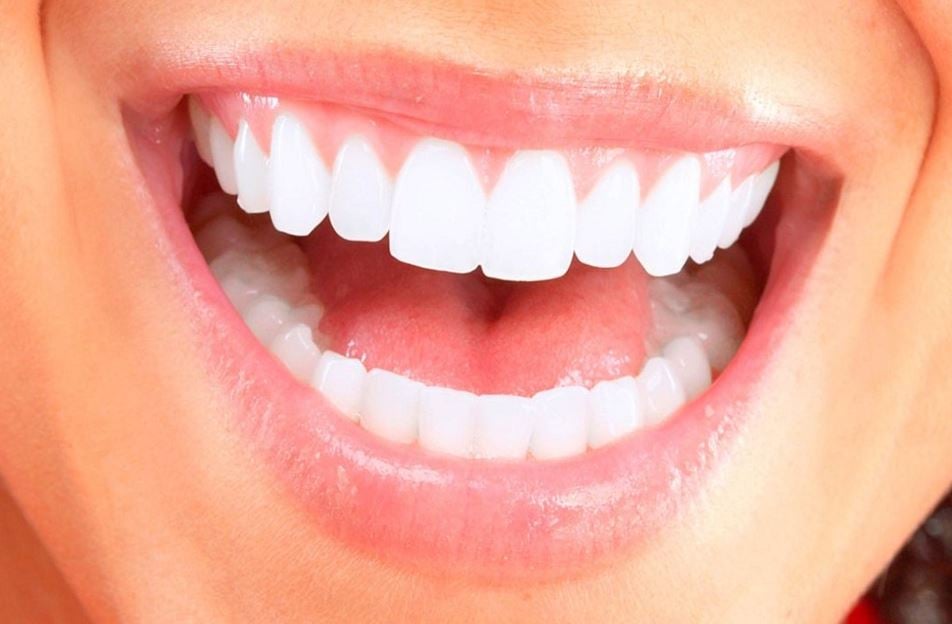
Sometimes, health needs get lost in the hustle and bustle of daily life. Retirement could be an opportunity to foster better health practices and improve your quality of life. Oral hygiene plays a pivotal role in overall health, especially as we age. Dental issues are linked to various health concerns, including heart disease, diabetes, respiratory conditions, stroke and dementia. Fortunately, it’s never too late to prioritize your oral health. A Lakeland, FL, dentist could help you develop a care plan catered to your needs. In the meantime, the following best practices provide a strong foundation for dental health.
Brush and Floss
No matter your age, the cornerstone of dental health remains the same: brushing and flossing your teeth regularly. Brush your teeth at least twice daily with fluoride toothpaste to remove food particles and plaque that could lead to tooth decay. An electric toothbrush could help you achieve a more thorough cleanse. Don’t forget to floss at least once a day, too. Flossing properly removes plaque from the space between your teeth and gumline, which could otherwise lead to gum disease or tooth infections. If you struggle to use traditional floss, a water flosser could help you reach difficult spots in your mouth. Consistent brushing and flossing routines are your first line of defense against oral health issues.
Don’t Ignore Dry Mouth
Dry mouth, or xerostomia, isn’t only uncomfortable. It could lead to significant issues like tooth decay, bacterial infections and sores. Plus, dry mouth makes you more vulnerable to choking. While dry mouth isn’t a natural part of aging, you’re more likely to develop it as you age. That’s because you’re more likely to take more medications as you age, and dry mouth is a common side effect. In addition to standard hygiene practices, you could combat dry mouth by staying hydrated, using a humidifier at night and reducing alcohol consumption. Over-the-counter treatments for dry mouth include lozenges, mouth sprays and mouthwashes containing xylitol. Your dentist could also provide guidance and diagnose any underlying causes.
Limit Certain Foods
You don’t have to stop eating the foods you love in order to care for your oral hygiene in retirement. However, moderation of certain foods could help you keep your teeth healthy. Acidic beverages like soda and coffee wear away your teeth’s enamel, leaving them more prone to tooth decay. Desserts, candies and other foods with high sugar contents promote plaque production, so it’s important to brush your teeth after indulging. Sticky candy, like caramel and gummy bears, could do more damage simply because they’re more difficult to remove from your teeth. Reducing the amount of these foods in your diet or limiting them to special occasions could help you maintain your teeth’s strength.
Attend Dental Check-ups
Regular dental visits are just as crucial in retirement as they are during any other stage of your life. Cleanings remove plaque and tartar buildup that brushing and flossing alone can’t eliminate. Dentists may also offer periodontal treatment to address plaque buildup around the gums. During your check-up, your dentist can identify and address oral health issues early so you can begin a treatment plan right away. That includes screenings for oral cancer, which disproportionately affects older adults. Your dentist could also provide valuable insight and guidance on maintaining oral health, especially if you haven’t always prioritized it.
It’s never too late to begin investing in your health. By adopting healthy oral hygiene habits, you could smile with confidence throughout your retirement years.
Interesting Related Article: “Achieving a Beautiful Smile: The Role of Cosmetic Dentistry“







